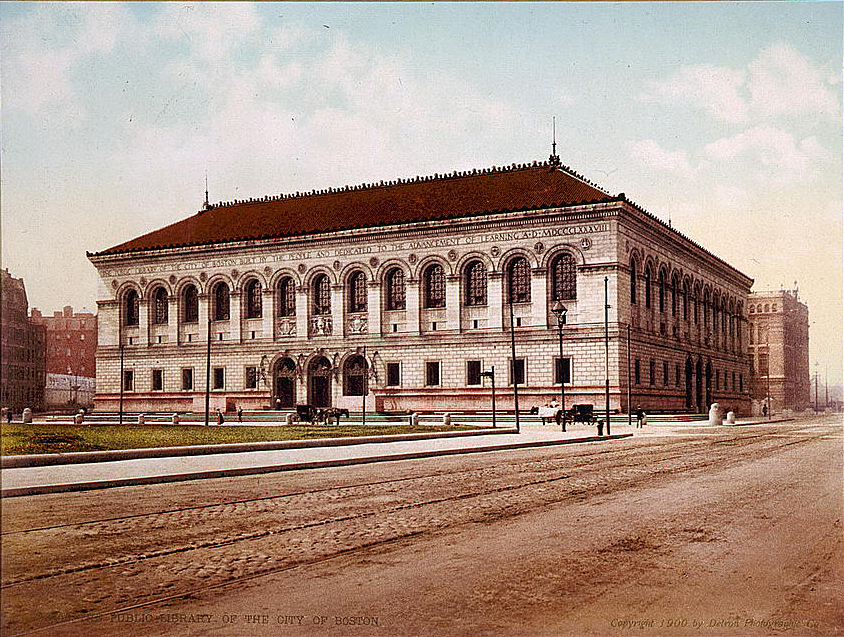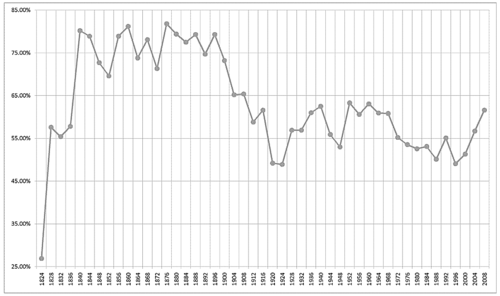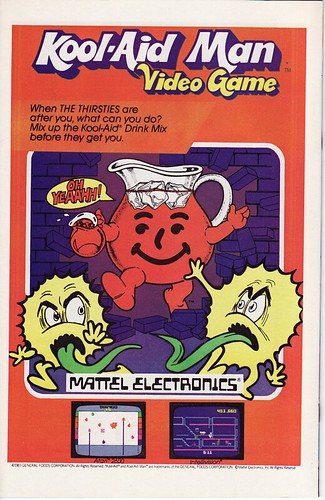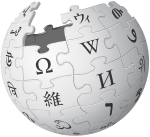One of the major advancements of openness
was the printing press. Pervious to this, books could take months or years to
make one copy. This made books extremely expensive and therefore unattainable for
the common person. While printing was relatively slow to begin with one of the
first books to be printed, the bible, had a serious effect on the society of
the day. Religion was the first to feel
the enormous effects of printing. Before, the preacher was the only one with
the bible and was likely the only one who could read. Suddenly, however, people
could get their own copy and had a reason to read. The fight for openness
began. People began questioning the teachings of individual churches and began
to come up with their own interpretations. This led to people like Martin
Luther and William Tindale to speak out about the way the church was being run which
opened the door for the protestant reformation.
In the 16th and 17th centuries openness was
again revolutionized by printing. With the widespread use of the printing press,
suddenly the education spread as fast as books could. This was a time where new
inventions and new thoughts crept into society and science began to take foot.
We are currently going through a similar process but at an infinitely
faster rate. With the development of the internet the open movement began,
causing us to reflect back and realize that the buildup to this age wasn’t
simply the advancement of the computer, but a traceable change in in history of
how our society thinks about knowledge.
One of the uses of the printing press during
this time period was scientific papers. Before these existed there was a
serious problem in the scientific community. Scientists have a resource, their
knowledge and findings. This resource was extremely precious and often hard to
come by. Obviously, they would have wanted to protect their findings so no one
could steal them and claim them as their own. Because of this fear, everything
was closed.
Following the
scientific revolution of the seventeenth century (most of this occurred in
between 1660 and 1793), a group of scientists got together and formed some
official scientific societies. Some were government-sponsored (like the Royal
Society of London, still around
today) and some were private, but they were all organized for what
was essentially open science for the time. They knew a problem existed and they
needed a solution. These groups gave scientists an environment to share their
ideas without fear and gave them a way to be paid. This movement towards
openness, however, has ironically become the main source of frustration to its
proponents today. Due to changes in technology and expectations, a movement for openness created a
closed system.
Today, there is a movement against these
scientific papers. In this digital world these papers and journals are seen as
slowing the speed of information, just as copying a book by hand used to be
seen as the inefficient process. Now there are web sites where you can learn
about thousands of topics for free. Some examples are:
These
sites and many others are dedicated to bringing a new ability to
learn to everyone around the world for free. Just as the printing press brought
learning to the masses, knowledge no longer has to be for those who go to
college. It is incredible what has been done but it must be done with
caution. The sites listed are open to users but not at all open to
publishers. This is important because while everyone can and should be a
consumer of knowledge, producers should have limitations. There is
a balance which must be found. This is a topic which has been and
will be debated. According to history, having an open society will make us better
off. We just have to be careful what we consume and create.
As an example, the book Reinventing discovery goes over the complexities of open
sourcing. Although there are many different examples of open sourcing, two that
most people are familiar with are Linux and Wikipedia. These open projects
have truly innovated ways of being open. Like with the advent of the printing
press, this new way of creating an open society has placed expectations which
society now lives with. These processes of innovations must come with any
development in spreading information and openness. Someone had to think of
creating everything from parchment and pen to the internet itself and
everything in between. As we look through history there is always some major
invention or innovation which causes or help produce and spread knowledge. The
irony is, that these changes have made things which were once viewed as be best
was to be open, like scientific papers, an enemy to openness.
 while for others is was a rod jamming their tire spokes.
while for others is was a rod jamming their tire spokes. 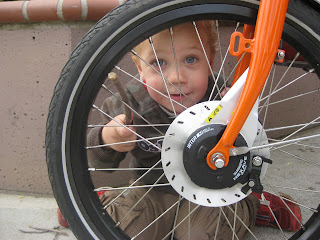
 while for others is was a rod jamming their tire spokes.
while for others is was a rod jamming their tire spokes. 
 Consciously or subconsciously I believed this question crossed every student's mind. It took a while to know what to do but for me it wasn't till my openness blog post that I feel I started understanding what was going on. I began to recognize the problem which was vital to solving the issue. This was the beginning to a few leaps which has led me to really believe that self directed leaning is not only desirable but actually possible. Even within the confines of standard education I can be a self directed learner. It will take quite a bit more effort than being a rag doll student but the things in life worth having seem to be those we work the hardest for.
Consciously or subconsciously I believed this question crossed every student's mind. It took a while to know what to do but for me it wasn't till my openness blog post that I feel I started understanding what was going on. I began to recognize the problem which was vital to solving the issue. This was the beginning to a few leaps which has led me to really believe that self directed leaning is not only desirable but actually possible. Even within the confines of standard education I can be a self directed learner. It will take quite a bit more effort than being a rag doll student but the things in life worth having seem to be those we work the hardest for.

